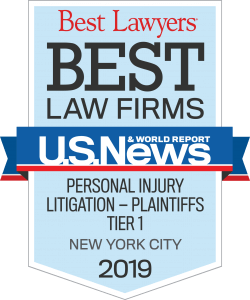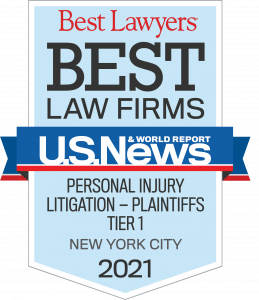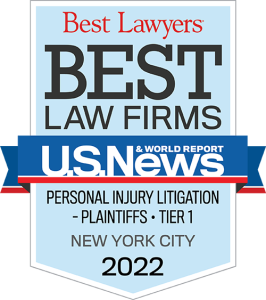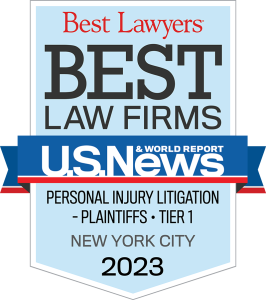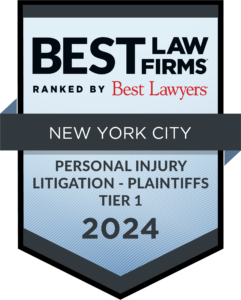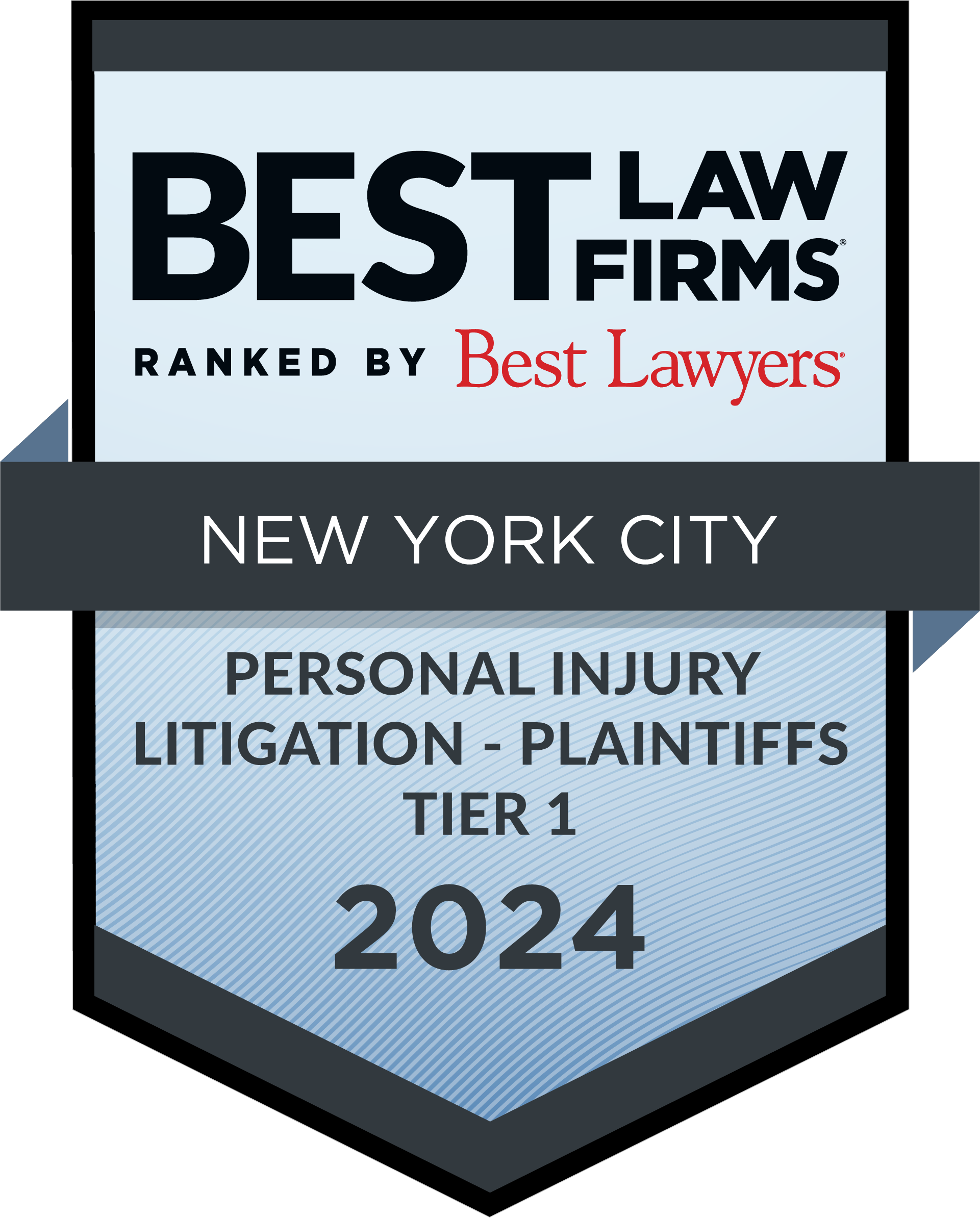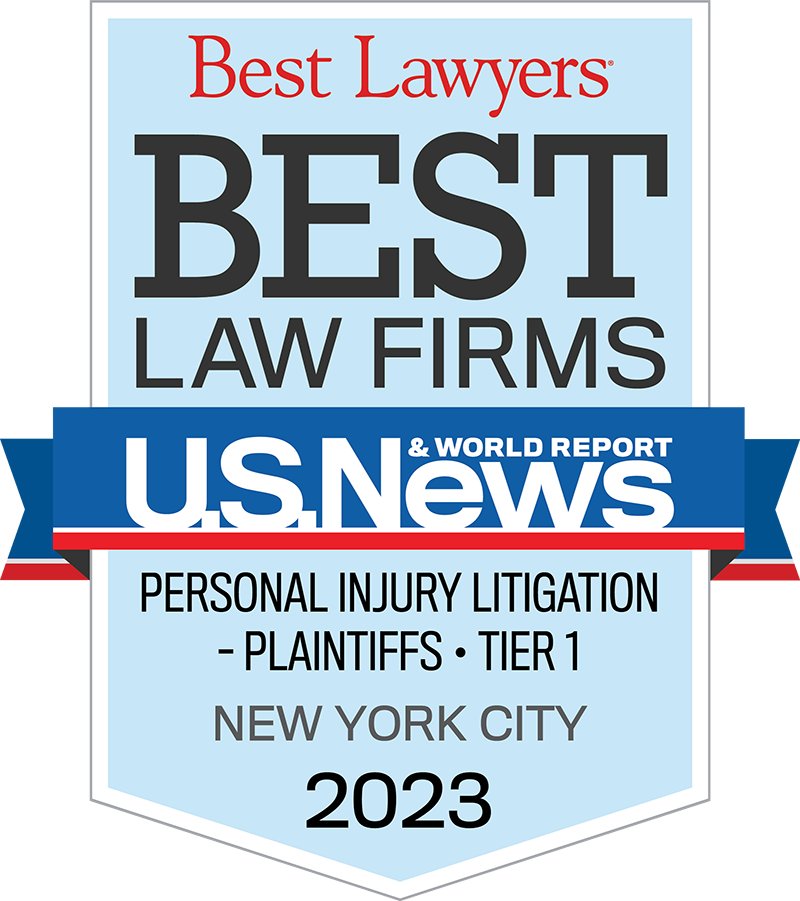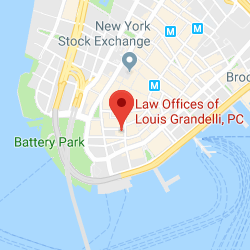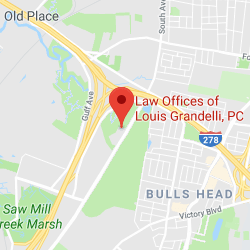
Personal jurisdiction is the legal concept governed by the Fourteenth Amendment to the US Constitution which states that courts can only assert their authority over people or businesses that have some connection to that state.
The Supreme Court Decision Has Turned an Entire Area of Law on its Head.
An individual who lives in New York is subject to the jurisdiction of New York courts, and an out-of-state resident who commits a tortious act in New York is also subject to the jurisdiction of New York courts. However, the concept of personal jurisdiction also protects citizens of each state from being dragged to court in far-away states without a good reason. For example, it would be unfair for a court in Hawaii to be able to assert its jurisdiction over someone who lives in New York without any connection to Hawaii. If you were sued in Hawaii, you could have to travel there to court, hire local lawyers, and incur significant expenses to defend yourself in court there. However, if a resident of New York were to go to Hawaii and, say, negligently hit someone with a car there, then the law says that a Hawaii state court can assert its jurisdiction over the New York resident. The reason being that the New York resident committed a wrong while in the state of Hawaii.
The Law of Personal Jurisdiction for Businesses and Corporations
The law of personal jurisdiction for businesses and corporations was even more complex than the law as it pertained to an individual. Generally, a business is subject to personal jurisdiction for ANY type of case where it is registered to conduct business, or where it has its principal place of business. If a business is registered in Delaware but is headquartered in New York, anyone could bring a lawsuit against that business for any type of case, in Delaware or New York, regardless of where the incident happened.
However, a business can be subject to personal jurisdiction in other states too. If a business conducts business in another state (besides where it is registered or has its principal place of business), the business could be subject to jurisdiction there too. Until now, a business was generally subject to personal jurisdiction in another state only to the extent that the potential lawsuit relates to the business’s conduct in that state. If a Delaware/New York company sold products in Ohio, an Ohio court could only exercise jurisdiction over the company if the lawsuit arose out of the company’s conduct in Ohio. So, if the company sold a bad product to someone in Ohio, that person could sue the company in Ohio. However, if someone had an unrelated dispute with the company without any nexus to the sale of products in Ohio, they would have to bring that lawsuit to New York or Delaware, not Ohio.
The Supreme Court’s New Ruling Significantly Changes This Body of Law
Now, with the Supreme Court’s new ruling in Mallory v. Norfolk Southern Railway, this body of law has been significantly changed. In Mallory, the plaintiff was a Virginia resident who worked for defendant Norfolk Southern Railway – a Virginia company – in Virginia and Ohio. Mallory brought a lawsuit against Norfolk Southern Railway in the state of Pennsylvania. Although Norfolk Southern was primarily registered in Virginia, and had its principal place of business in Virginia, Norfolk Southern was also registered to do business in Pennsylvania as a condition of doing business there at all.
In what some have described as a surprise ruling, the Supreme Court held that a company can be sued for anything in any state where it is registered to do business, not just its primary registration. Regardless of whether the lawsuit has anything to do with the business’s conduct in that state. In other words, it seems from the ruling that a state can assert “general jurisdiction” over a company for any claims if that company is registered to do business in that state.
What does this mean for people who have been injured in accidents?
Personal injury plaintiffs could now have a broader choice of where to bring a potential lawsuit. This could be advantageous because there are some states that have more plaintiff-friendly laws than others. If you’ve been injured by the negligent conduct of a person or company, contact Grandelli & Eskenasi for a free consultation.

